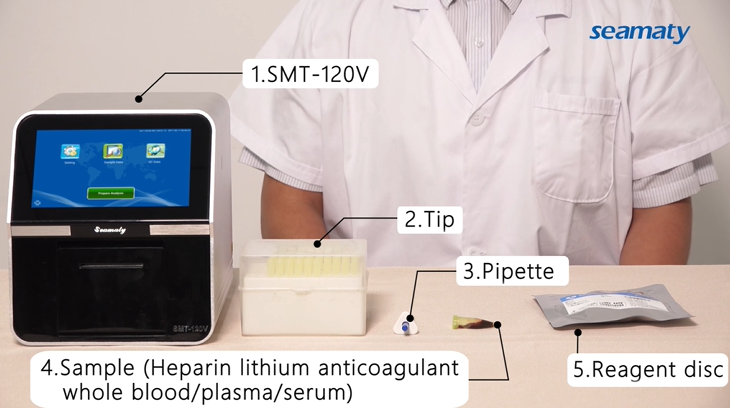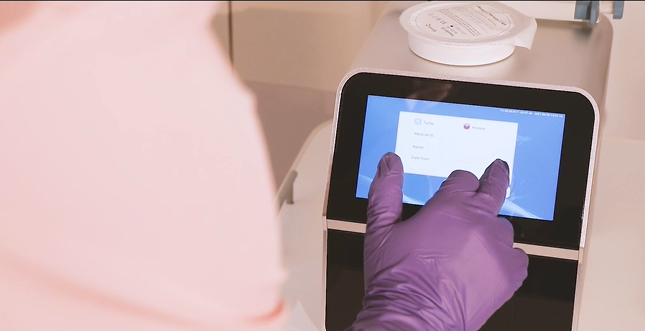release time:2021-11-17 10:50:56
Fine needle aspiration.

Dogs are prone to hypothyroidism when they get older. symptoms are fatness, skin disease, depressed expression, and possible neurological problems. Cats are prone to hypothyroidism as they get older, with symptoms such as extra excitement, hair loss, binge eating and drinking, and possible heart problems. Therefore, an older cat that is active is not necessarily rejuvenated, but may be ill. It is recommended that older pets be checked every year or two. It is best to have your pet checked if it has any of the above symptoms.

2022-01-27
A Hangzhou antigen reagent foundry manager said that the cost price of a kit of 1~3 RMB has been speculated to be up to 2300 RMB in Australia, and it is hard to find a box.

2021-10-11
First of all, you should check whether the probes and stirring rods of the biochemical machine are covered with water droplets and dirt, and whether they are bent and blocked.

2021-09-07
The biochemistry analyzer is a machine that uses the photoelectric colorimetric principle to measure a specific chemical composition in body fluids.The biochemistry analyzer is widely used in hospitals, epidemic prevention stations and family planning service stations at all levels because of its high speed, accuracy and small amount of reagents consumed.